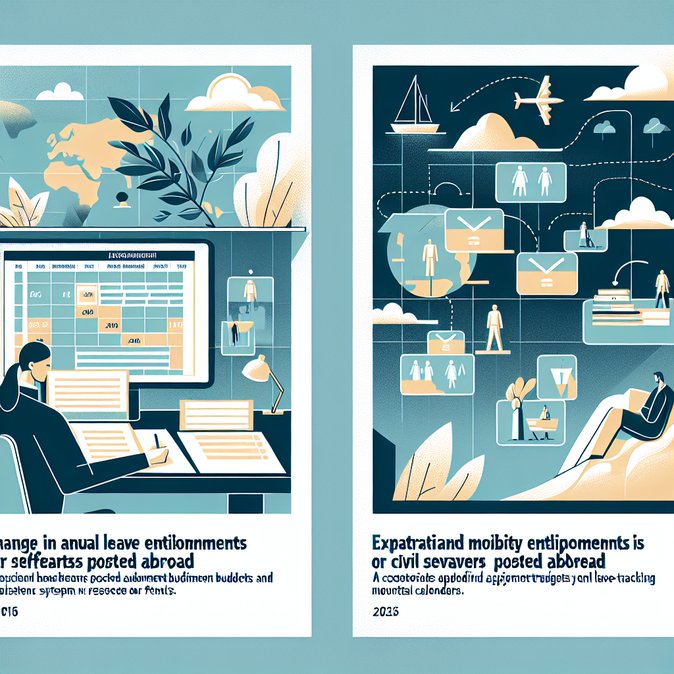
In a much-anticipated advisory (Opinion No 505594) dated 13 November 2025 and published in the Official Journal on 16 November, France’s Conseil d’État clarified the interplay between the Franco-Moroccan labour agreement of 1987 and France’s immigration code. The high court confirmed that prefectures can refuse or withdraw salaried residence cards from Moroccan nationals who have committed forgery or identity-fraud offences listed in Articles 441-1 and 441-2 of the Penal Code—even though the bilateral treaty guarantees a one-year renewable card to Moroccan employees.
The decision ends years of legal uncertainty exploited by fraud networks that produced counterfeit diplomas and work contracts. Prefectures must still respect the treaty, but only “for points not governed by national legislation,” the court said. Where French law has introduced stricter integrity clauses—such as the 2023 ‘Zero-Fraud’ amendments to CESEDA—those clauses prevail as long as they are compatible with the treaty’s purpose.
![Conseil d’État opinion tightens rules for Moroccan employees seeking French residence cards]()
For employers using Moroccan talent under the Talent Passport or standard work-permit routes, compliance stakes just rose. Background-check quality will weigh heavily on file acceptance, and mobility teams should add explicit fraud-disclosure clauses to employment contracts. Existing employees convicted of the specified offences risk losing their carte de séjour and therefore their right to work; employers may need contingency plans to avoid sudden skill gaps.
Law firms expect the opinion to influence other bilateral accords (e.g., with Tunisia and Algeria) that contain similar language. Meanwhile, prefectures have been instructed to review pending dossiers in light of the new guidance, which could lengthen processing times in the short term but ultimately streamline adjudication by removing grey areas.
Multinationals are advised to audit documentation for Moroccan assignees and to brief HR-shared-service centres on the heightened scrutiny. Employees should be reminded that even minor forgery convictions can now derail their French immigration status.
The decision ends years of legal uncertainty exploited by fraud networks that produced counterfeit diplomas and work contracts. Prefectures must still respect the treaty, but only “for points not governed by national legislation,” the court said. Where French law has introduced stricter integrity clauses—such as the 2023 ‘Zero-Fraud’ amendments to CESEDA—those clauses prevail as long as they are compatible with the treaty’s purpose.

For employers using Moroccan talent under the Talent Passport or standard work-permit routes, compliance stakes just rose. Background-check quality will weigh heavily on file acceptance, and mobility teams should add explicit fraud-disclosure clauses to employment contracts. Existing employees convicted of the specified offences risk losing their carte de séjour and therefore their right to work; employers may need contingency plans to avoid sudden skill gaps.
Law firms expect the opinion to influence other bilateral accords (e.g., with Tunisia and Algeria) that contain similar language. Meanwhile, prefectures have been instructed to review pending dossiers in light of the new guidance, which could lengthen processing times in the short term but ultimately streamline adjudication by removing grey areas.
Multinationals are advised to audit documentation for Moroccan assignees and to brief HR-shared-service centres on the heightened scrutiny. Employees should be reminded that even minor forgery convictions can now derail their French immigration status.


